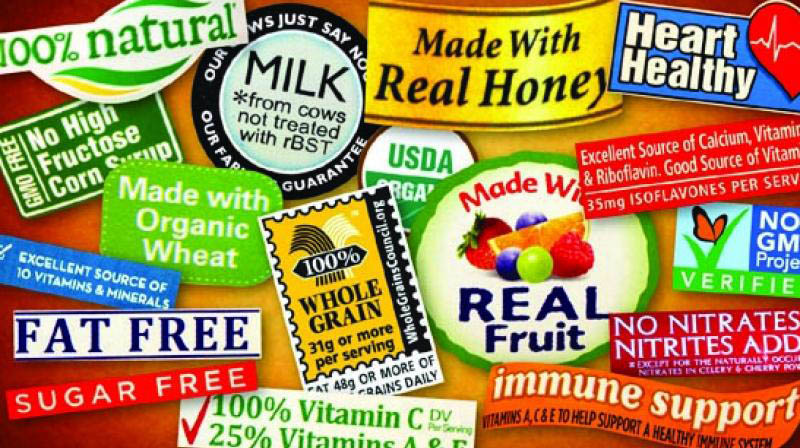With several countries in the region still lagging behind current global thinking on the importance of radically adjusting their approaches to the packaging and labelling of food products the Caricom Private Sector Organization (CPSO), an Associate Institution of the Caribbean Community (CARICOM) is beginning to extoll the virtues of the region embracing Front of Package Nutrition Labels (FOP), a product labeling format that provides key health and nutritional information, relating to, among other things, the fat, sugar, salt, or calorie content of foods, clearly, on the front of food packaging.
FOP nutrition is increasingly being advocated in the global food packaging and labelling culture as a means of helping consumers make more informed choices by making key health and nutritional information frontally displayed, noticeable and easily understood. Advocates of FOP contend that moving in this direction can position consumers to make health-enhancing, even life-saving choices.
As incidents of chronic health-related diseases continue to rise in the region, CPSO has reportedly gone on record as saying that the issue of Front of Package Labelling (FOPL) is growing in importance as a strategic part of its agenda as the entity seeks to institute a model best suited to the region. The region is increasingly being pushed inexorably in that direction as the global rise in incidents of chronic health-related diseases make an incrementally stronger case for the prominent display of key health-related information on the front of packaging. The call includes advocacy for the standardisation of labelling to address both the prominence of displays as well as the provision of comprehensible details on the contents of food items to be consumed.
The Stabroek Business’ probe of product labelling in Guyana found little if any sensitivity to FOPL on the part of manufacturers, though some accept that the sloth in moving in direction could, going forward, present serious global challenges to international market access. All of this against the backdrop of a sustained increase in packaged foods and cosmetics adorned with traditional labels that reflect little, if any sensitivity, to FOPL and where key health and nutrition facts are invariably presented in miniscule print and invariably on the backs of packages.
There is, up to this time, no persuasive evidence that either government or the private sector have mounted any wide-publicized campaign to enhance manufacturer sensitivity to FOPL. The recent launch by the Guyana Marketing Corporation (GMC) of a ‘one-stop shop’ for supporting product packaging and marketing of locally manufactured products for both local and external markets provided no information regarding whether or not its range of services embrace considerations that include sensitising manufacturers to FOPL.
A significant percentage of locally manufactured foods and health and beauty-related products are limited in the range and quality of their packaging, mostly on account of financial considerations and almost always neglect considerations that have to do with FOPL.
In a recent statement, CPSO Interim Head Dr Patrick Antoinne said that the agency “is committed to the objectives of FOPL as part of a group of measures impacting consumer behavior with regard to reducing non-communicable diseases (NCDs) [largely includes diabetes, hypertension and obesity] in our Caribbean Community,”
The CPSO is also on record as advocating “an integrated approach” to advancing FOPL in the region which should embrace components such as public education and awareness, affordable and healthy food choices as well as a labelling regime that is likely to be most appropriate and effective for the region.








